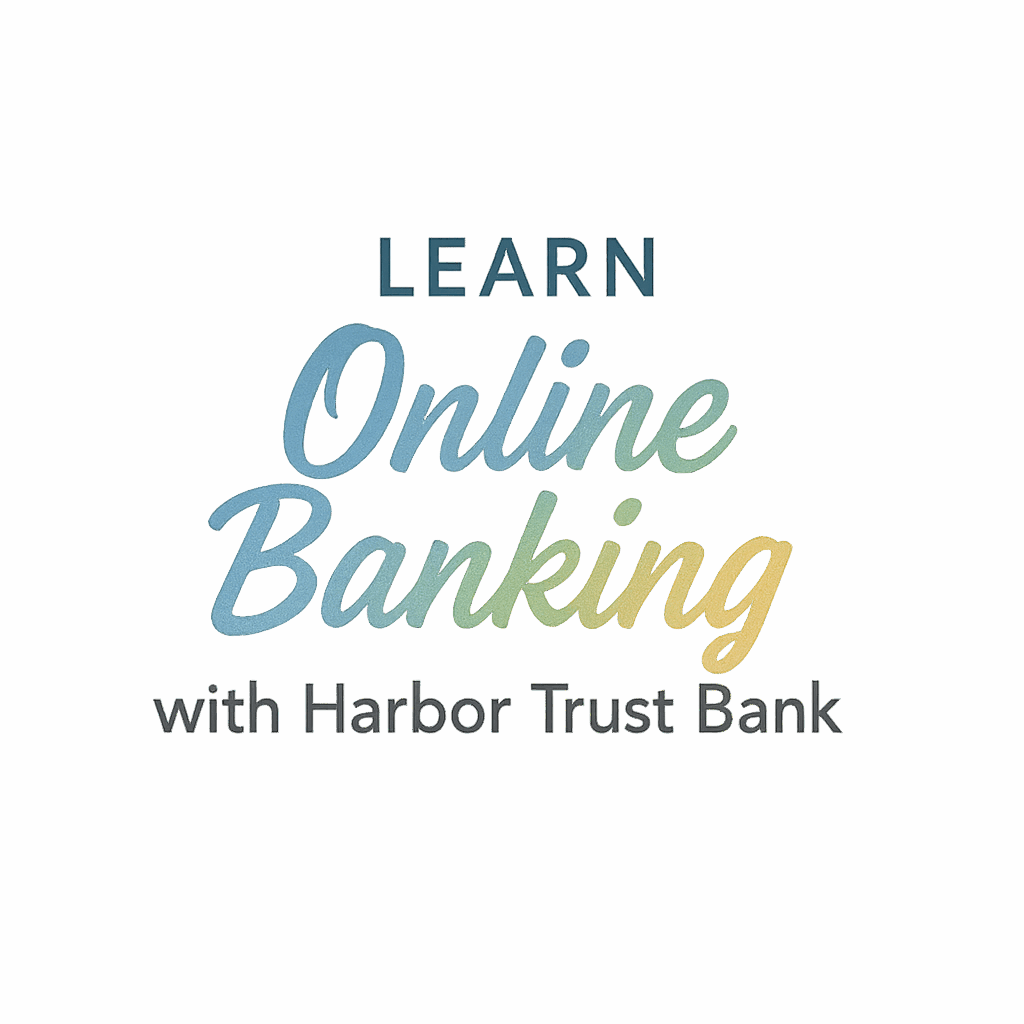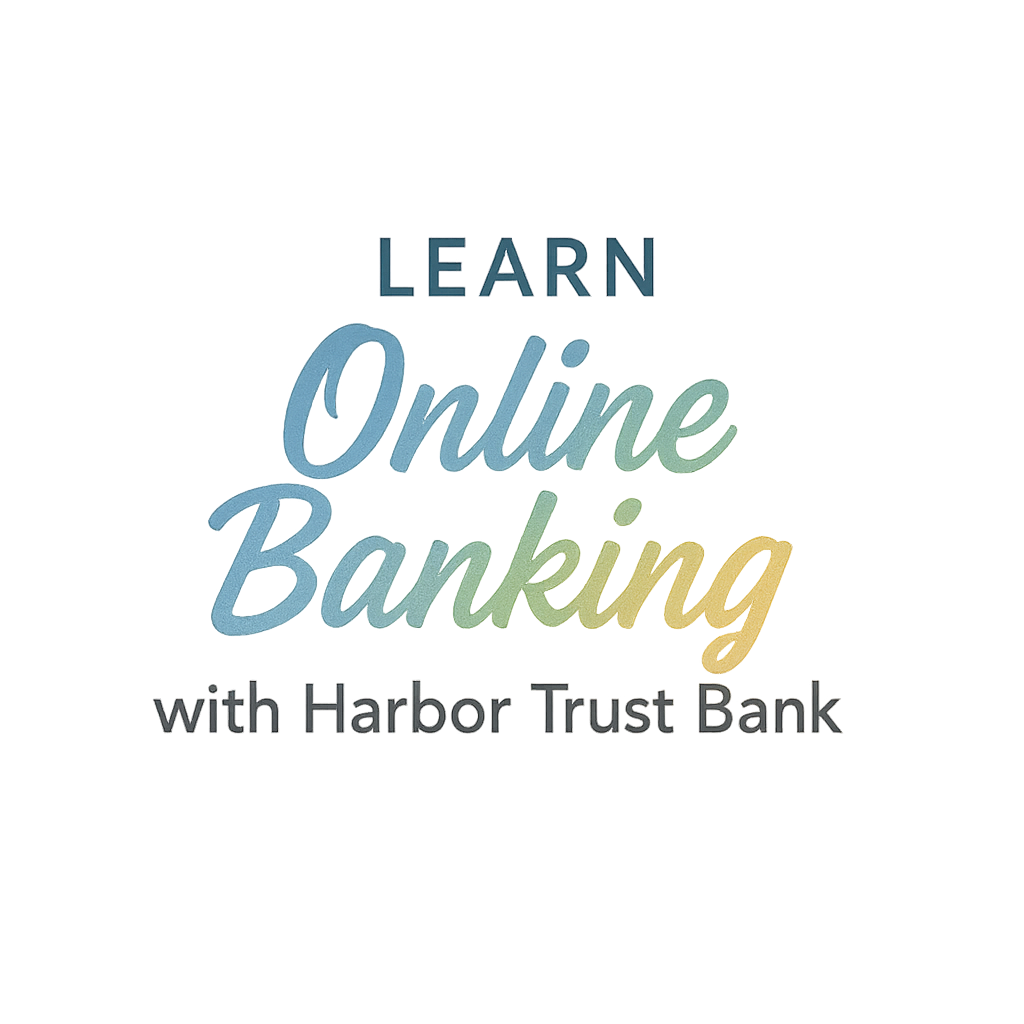Online banking is fast, convenient, and, let’s be real—absolutely essential these days. But with that convenience comes a major responsibility: keeping your account secure. One of the most effective ways to protect your digital bank vault? Creating strong passwords. If your password is “123456,” “qwerty,” or your dog’s name (sorry, Fido), it’s time for an upgrade.
In this guide, I’ll walk you through 8 powerful tips for building rock-solid online banking passwords, why they matter, and how you can stay one step ahead of cyber threats.
💡 Pro tip: Check out the Recording Studio Management Growth Guide to apply some of these secure practices to your business finances, too.
Why Strong Passwords Matter in Online Banking
Cybersecurity and Financial Risk
When hackers crack a password, it’s like they’ve stolen the keys to your house. Only this house has your savings, investments, credit cards, and maybe even your business funds. Weak passwords are one of the easiest gateways for cybercriminals to infiltrate your online bank accounts.
Real-World Banking Breaches
Remember when a popular financial app got breached, leaking customer data? That wasn’t just due to software flaws—it was often due to weak or reused passwords. One compromised password can lead to massive identity theft or even drained accounts.
Don’t think it won’t happen to you—it happens to millions every year.
Understanding the Anatomy of a Strong Password
Length vs Complexity
So, what makes a password “strong”? Both length and complexity matter. A short password—even a complex one—can still be brute-forced by bots. A longer password of 12+ characters, especially one with a mix of characters, dramatically boosts your defenses.
Avoiding Common Pitfalls
Don’t use:
- Your pet’s name
- Your birthdate
- “Password123” (seriously)
- Repetitive characters (like “aaaaaa”)
Instead, go custom, go weird, and go long.
Tip #1: Use a Password That’s at Least 12 Characters Long
Twelve is the magic number. Anything shorter is simply not strong enough in today’s hacking landscape. Even better? Shoot for 16+ characters. Think of your password like a chain—the longer it is, the harder it is to break.
Example: G9v@eK8sPq!mL2rX is much better than hello123.
Tip #2: Mix Uppercase, Lowercase, Numbers, and Symbols
The more varied your password, the tougher it is to crack. Using only lowercase letters is like locking your door with tape. Mix it up:
gArD3n$unSH!ne_2025✔️garden2025❌
Each character type increases complexity exponentially, making it more secure.
Tip #3: Avoid Using Personal Information
Sure, your dog’s name or your anniversary is easy to remember. But guess what? It’s also easy to find on social media.
Hackers often mine Facebook, LinkedIn, or Instagram to guess passwords. If it’s something your friends know about you, it should never be in your password.

Tip #4: Use Passphrases Instead of Words
Passphrases are long, memorable, and secure. Think of a random but vivid phrase:
CoffeeRainbows$Drive!Nuts42JumpPine!Tree2SkyDive33
They’re easier to remember and much harder for bots to guess. You can even use a mix of your favorite things—but don’t make it obvious.
Tip #5: Never Reuse Passwords Across Platforms
This is a big one.
If you use the same password for your bank and your Netflix account, and Netflix gets breached—your bank is now vulnerable. It’s called credential stuffing, and hackers thrive on it.
Use unique passwords for each platform. Period.
👀 Want to apply this to your business too? Explore Recording Studio Business Planning for tips on securing your financial systems.
Tip #6: Use a Password Manager for Secure Storage
Remembering 27 unique passwords? No thanks. That’s where password managers save the day.
Benefits of Password Managers
They:
- Generate strong passwords
- Store them securely
- Autofill them on trusted sites
- Alert you if any get breached
Recommended Tools
- 1Password
- LastPass
- Bitwarden
- Dashlane
Use them on your phone, laptop, and even for your studio software logins.
Tip #7: Enable Two-Factor Authentication (2FA)
Even the strongest password can be stolen. That’s why 2FA adds a second lock—like a fingerprint, a text code, or a verification app.
Most banks offer it, and it’s one of the simplest, most effective ways to keep your account safe.
Tip #8: Update Passwords Regularly
Set a reminder every 3–6 months to rotate your passwords. Especially if:
- You’ve reused it somewhere else (oops)
- There’s been a data breach
- You shared your computer recently
Keeping passwords fresh helps prevent long-term exposure.
How to Manage Passwords for Multiple Accounts
Email, Banking, Business – Separate Them
Use separate passwords for:
- Personal email
- Banking
- Work/business platforms
This way, if one gets compromised, the others are still safe.
Want help organizing your business passwords? Our article on Recording Studio Setup Basics offers productivity tips you can adapt.
Backup and Recovery Options
Use:
- Cloud-based password manager backups
- Paper recovery codes stored securely
- Trusted device access for emergency logins
Never lock yourself out—but never make it easy for hackers, either.
Mistakes to Avoid When Creating Passwords
- Writing them on sticky notes
- Saving them in browser autofill without a master password
- Sharing them via email or text
- Ignoring warning signs of breaches
Protecting your online bank account starts with mindset, not just tech.
Using Tech to Stay Secure
Alerts, Monitoring, and Beyond
Set up:
- Login alerts via email/SMS
- Account activity notifications
- Dark web monitoring
These tools can tell you if something shady is happening before it’s too late.
Final Thoughts on Protecting Your Online Banking
Let’s face it—we all want the convenience of online banking, but that doesn’t mean we should compromise on security.
Creating a strong password is your first line of defense. Combine that with smart tech habits, and you’re way ahead of the curve.
Need secure systems for your studio business too? Explore more articles on Recording Studio Marketing & Branding and Growth Tools.
FAQs
1. How often should I change my online banking password?
Ideally, every 3–6 months, or immediately after any suspicious activity or known data breach.
2. Are password managers really safe to use?
Yes, reputable ones are encrypted end-to-end and much safer than writing passwords on paper or in your Notes app.
3. What’s the most common mistake people make with passwords?
Reusing the same password across different accounts—this is a hacker’s dream scenario.
4. Can I use biometric login instead of a password?
Biometrics (fingerprint/face ID) are great as a secondary method but shouldn’t replace strong passwords entirely.
5. What is a good example of a strong password?
Try something like: Sky&Crayon27$WhaleDance—long, weird, and hard to guess.
6. What if I forget my password?
Use a password manager with recovery options or keep a secure, encrypted backup.
7. Should my business accounts have different passwords than personal ones?
Absolutely. Always separate and protect access to business platforms, especially financial ones. Learn more in our Business Tag Articles.
This guide was written to keep both your personal finances and business banking safe. For more security tips tailored to creative professionals, visit 4amrecordingstudio.com and browse through our security tips, management insights, and setup guides.


